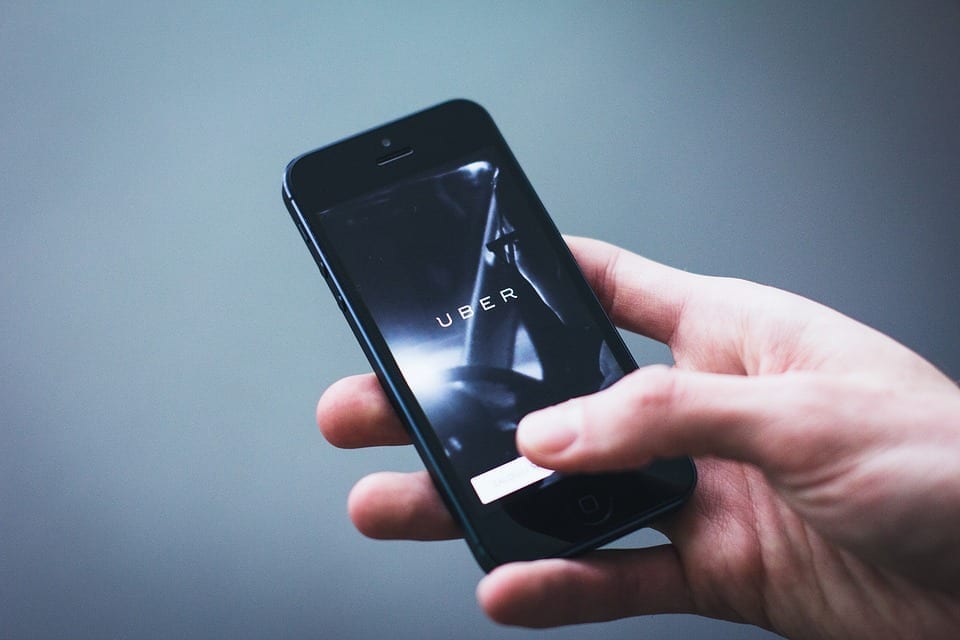The lawsuit echoes many of the same arguments which failed to win over the California Supreme Court earlier this year.
Uber drivers and other gig workers have filed a new lawsuit against California’s recently-enacted Proposition 22, a referendum-approved law that lets rideshare companies continue treating their workers as independent contractors rather than employees deserving of additional benefits.
The Los Angeles Times reports that the lawsuit has been refiled in Alameda County Superior Court.
An earlier drive to void Proposition 22 had been voided by California’s Supreme Court, which declined the plaintiffs’ allegations that the law violated aspects of the state constitution.
Despite the change in the venue, the Los Angeles Times notes that the lawsuit is—more or less—the same complaint the Supreme Court had dismissed. The group of plaintiffs, which includes the Service Employees International Union, alleges that Proposition 22 runs afoul of the California Constitution.
More specifically, they claim that Proposition 22 effectively prohibits the state Legislature from granting workers the ability to organize; the plaintiffs also assert that the referendum illegally bars contractors from state workers’ compensation programs.
Saori Okawa, an Alameda County-based driver, said she and her counterparts are pressing the challenge because “in democracy, corporations shouldn’t get the final say in determining our laws.”

“With Prop 22, Uber, Lyft, Doordash and the other gig giants overreached by writing a law that violates our state’s constitution and puts corporate profits ahead of workers’ safety and basic rights,” Okawa said in a press release.
Okawa, says the L.A. Times, has worked for Uber, Lyft, DoorDash and Instacart.
It was these companies, among others, which sponsored Proposition 22 and mounted a massive voter-outreach campaign in its favor.
As LegalReader.com has reported before, Uber, Lyft, and other digital applications reliant upon contractor labor poured tens of millions of dollars into pro-Proposition 22 advertisements. Uber was even sued for forcing passengers and drivers to scroll through Proposition 22 “propaganda” almost every time they logged into their accounts.
Many drivers, like Okawa, believe that gig-type companies are intentionally flouting state mandates on workers’ rights to bolster their own profits and stock values.
“The gig companies are trying to break our democracy just to increase their own bottom lines,” Okawa said in a statement.
However, Uber has insisted that drivers like Okawa represent a small minority of their contractors. Uber has, for instance, alleged that many of its workers enjoy the flexibility and freedom that comes with being a contractor—they are able to set their own hours and work as much or as little as they would like.
Jimmy Strano, another Uber driver, told KTLA5 he believes “special interests” are trying to break voters’ will on Proposition 22.
“Special interests have consistently refused to accept the overwhelming desire of drivers to remain independent since it doesn’t fit their political agenda,” Strano said, opining he believes the latest challenge will be, yet again, defeated in California court.
Sources
Gig Drivers Revive Proposition 22 Challenge in California (2)
Lawsuit challenging Prop 22 refiled in Alameda County after being thrown out by CA Supreme Court
Opponents press challenge to Prop. 22 with lawsuit in lower court


Join the conversation!